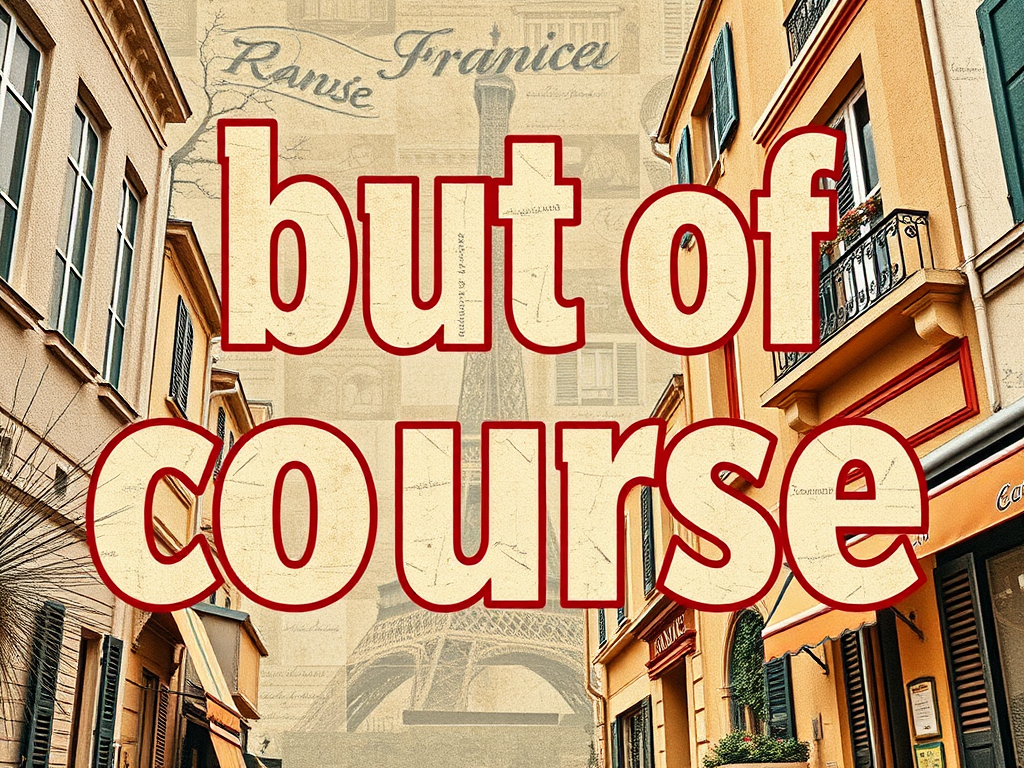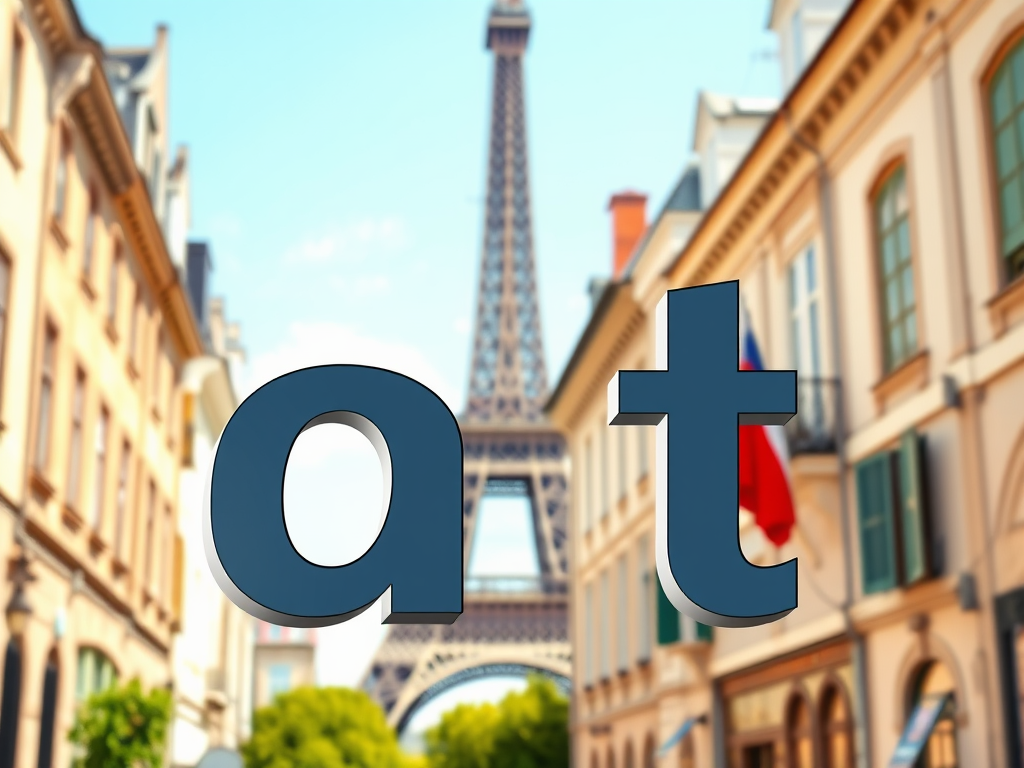I have in French

Table of contents
In French, "I have" is typically translated as j'ai. This phrase is used in various contexts and is an essential part of everyday French conversation. It's a contraction of je (I) and avoir (to have), and it's used in both formal and informal situations.
Common Usage and Examples
J'ai is versatile and can be used in many scenarios:
- Possession: J'ai une voiture (I have a car) 🚗
- Age: J'ai vingt ans (I am twenty years old)
- Feelings: J'ai faim (I am hungry) 🍽️
- Physical sensations: J'ai froid (I am cold) 🥶
Here's a helpful table with some common phrases:
| English | French | Pronunciation (IPA) |
|---|---|---|
| I have | J'ai | /ʒe/ |
| I have a dog | J'ai un chien | /ʒe œ̃ ʃjɛ̃/ |
| I am thirsty | J'ai soif | /ʒe swaf/ |
Variations and Context
While j'ai is the most common way to say "I have" in French, there are some variations depending on the context:
- Emphatic form: Moi, j'ai (As for me, I have)
- Negative form: Je n'ai pas (I don't have)
- Question form: Ai-je? (Do I have?) - Note that this is more formal and less commonly used in everyday speech.
It's important to remember that in French, "to have" ( avoir) is also used as an auxiliary verb in compound tenses. For example:
- J'ai mangé (I have eaten) 🍽️
- J'ai voyagé (I have traveled) ✈️
Understanding how to use j'ai and its variations is crucial for building sentences and expressing yourself effectively in French. Practice using it in different contexts to become more comfortable with this fundamental phrase.






